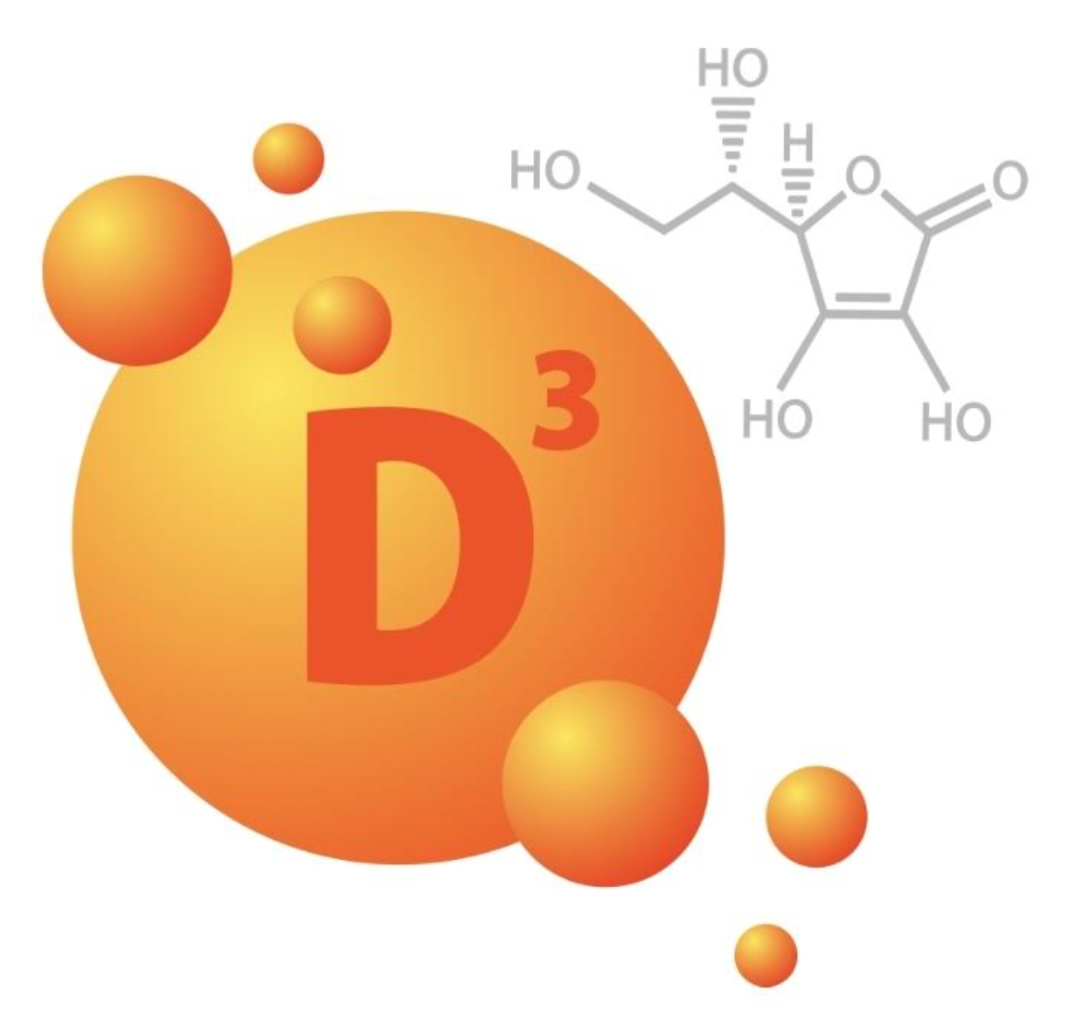One More Vitamin D Study to Add to the Books: Low Vitamin D is Associated with Severe Seborrheic Dermatitis
Low vitamin D levels are Associated with Greater Risk of Developing Seborrheic Dermatitis
Many skin conditions have been shown be be associated with low vitamin D levels. These include such as psoriasis, alopecia areata, systemic lupus erythematous, and androgenetic alopecia. A new study suggests seborrheic dermatitis (SD) should be added to that list too.
A new case control study sought to compare the 25-hydroxyvitamin D (25(OH)D) status in patients with facial or scalp seborrheic dermatitis with healthy subjects. The study included 289 patients (118 with SD and 171 sex- and age-matched control subjects) . All study participants were studied during one season to avoid seasonal variations in vitamin D levels.
A new case control study showed a correlation between low vitamin D and more severe forms of seborrheic dermatitis.
The key findings of the study included:
1. Serum mean ± standard deviation of 25(OH)D levels were significantly lower in seborrheic dermatitis patients than in control subjects (20.71 ± 8.16 vs. 23.91 ± 7.78, P = 0.007).
2. Lower serum 25(OH)D levels were associated with a greater risk of developing seborrheic dermatitis (odds ratio (OR): 0.898, 95% confidence interval (Cl): 0.840-0.960, P = 0.002).
3. Also, vitamin D levels under 30 ng/ml (75 nmol/L) were associated with a four fold risk of developing seborrheic dermatitis OR: 4.22 (95% Cl: 1.077-16.534, P = 0.039) for seborrheic dermatitis.
4. More severe SD was significantly associated with lower serum 25(OH)D levels (P = 0.003). Interestingly, a similar trend was not seen in the facial seborrheic dermatitis (only scalp SD).
Conclusion
This study suggests that low vitamin D levels have a potential role in seborrheic dermatitis of the scalp. These data do not tell us that taking vitamin D is a good treatment for SD. That’s often a leap that often incorrectly gets made but this is not a conclusion from this study. Often vitamin D supplementation has little benefit.
REFERENCE
Rahimi S et al. Serum Levels of 25-Hydroxyvitamin D in Patients with Seborrheic Dermatitis: A Case-Control Study. Dermatol Res Pract. 2021 Feb 20;2021:6623271.
This article was written by Dr. Jeff Donovan, a Canadian and US board certified dermatologist specializing exclusively in hair loss.

